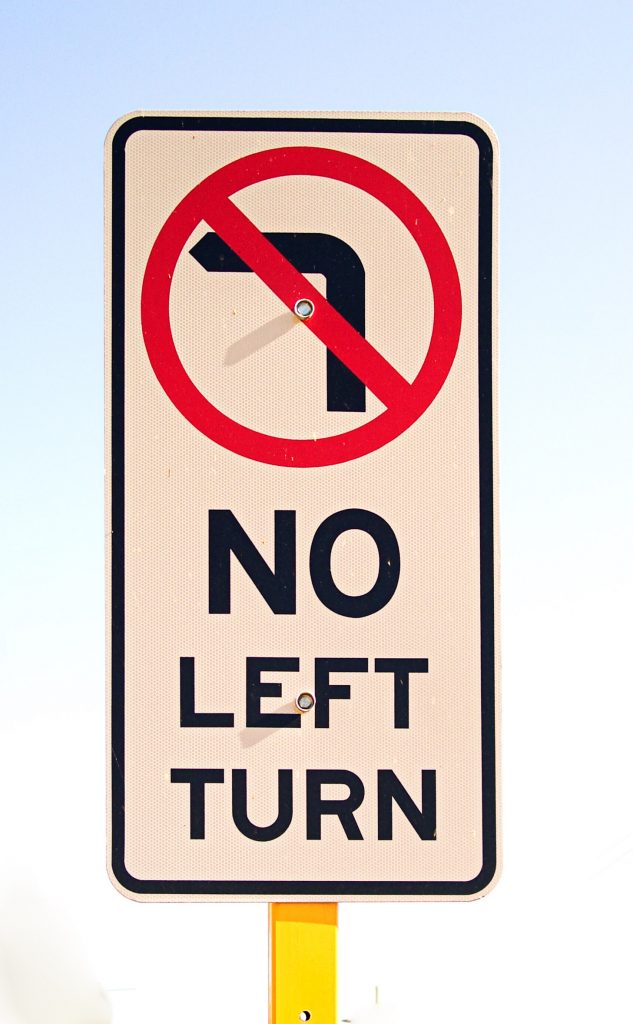 If you are involved in a motor vehicle accident while making a left turn, you are presumed to be negligent because of the dangerous nature of the turn. You will have to overcome this presumption of negligence even if you think the accident is not your fault. See Baker v. State Farm Mut. Auto. Ins. Co., 162 So.3d 405 (La. Ct. App. 2015).
If you are involved in a motor vehicle accident while making a left turn, you are presumed to be negligent because of the dangerous nature of the turn. You will have to overcome this presumption of negligence even if you think the accident is not your fault. See Baker v. State Farm Mut. Auto. Ins. Co., 162 So.3d 405 (La. Ct. App. 2015).
On October 26th, 2012, at 8:00 p.m., Latoya Leonard was driving west in Caddo Parish, Louisiana. She stopped at a traffic light at an intersection and other vehicles stopped behind her. James Lee was approaching the same intersection from the opposite direction. Leonard saw Lee’s truck from several car lengths away as it began to approach her. When the light first changed, Leonard delayed her turn as drivers behind her honked their horns. She turned left and the left portion of Lee’s front bumper collided with the back passenger side door of Leonard’s car.
The police officer who took the report of the accident gave his testimony via deposition. In his deposition, he said that his report was based solely on what he was told by the parties because he did not witness the accident and did not talk to any impartial witnesses. Lee told the officer that Leonard turned left and crossed into the westernmost southbound lane as both were beginning to turn south. Based upon what the drivers reported, the officer placed the point of impact at the westernmost, outside lane. The officer concluded that Lee was not at fault in the accident but also said that both parties should have yielded.
 Louisiana Personal Injury Lawyer Blog
Louisiana Personal Injury Lawyer Blog


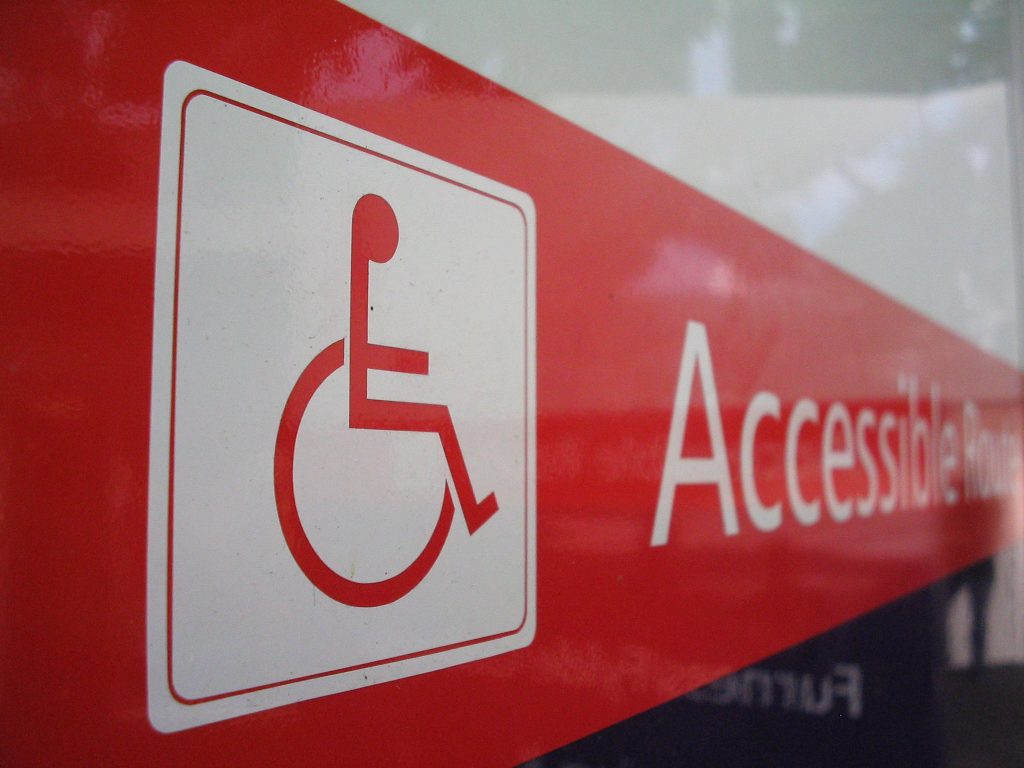 An employee is entitled to worker’s compensation benefits if he or she suffers an injury by accident during the course of his or her employment. Although worker’s compensation law has been liberally construed in favor of the injured employee, it is not an unlimited source of benefits for individuals unable to work. For example, in
An employee is entitled to worker’s compensation benefits if he or she suffers an injury by accident during the course of his or her employment. Although worker’s compensation law has been liberally construed in favor of the injured employee, it is not an unlimited source of benefits for individuals unable to work. For example, in  Police officers play an integral role in the health, safety, and welfare of the communities they serve and protect. There are many situations where these officers put their lives on the line. There are also some situations where these officers must aid in the day to day needs of civilians. Such needs may include a police escort in order to retrieve belongings from a residence. Are police officers liable for the harm to a civilian that results after the police leave during a police escort? The Louisiana Third Circuit Court of Appeal affirmed a lower court finding that police officers were not liable in such a situation.
Police officers play an integral role in the health, safety, and welfare of the communities they serve and protect. There are many situations where these officers put their lives on the line. There are also some situations where these officers must aid in the day to day needs of civilians. Such needs may include a police escort in order to retrieve belongings from a residence. Are police officers liable for the harm to a civilian that results after the police leave during a police escort? The Louisiana Third Circuit Court of Appeal affirmed a lower court finding that police officers were not liable in such a situation. Imagine what it’s like to be a dedicated employee. You love your job, you’re never absent from work due, and you never have any problems with your employer. Until one day, you are having an unexplained health problem. Turns out you have been exposed to a toxic substance and you believe your employer intentionally harmed you, causing significant injury. It may be necessary to get more information to determine if an employer committed an intentional tort.
Imagine what it’s like to be a dedicated employee. You love your job, you’re never absent from work due, and you never have any problems with your employer. Until one day, you are having an unexplained health problem. Turns out you have been exposed to a toxic substance and you believe your employer intentionally harmed you, causing significant injury. It may be necessary to get more information to determine if an employer committed an intentional tort.  We live in an age in which modern medicine can do wonders for people suffering from various illnesses and conditions. These drugs are designed to provide patients with the ability to live healthy and fulfilling lives. However, there are always side effects to consider when taking any drug. Each patient should discuss these possibilities with their doctor and make an educated decision whether to take the drugs or not. Even after this “due diligence” there can still be unintended consequences from certain drugs. Through no fault of their own, after having weighed the decision and exploring all of their options, patients may find themselves in much worse condition than what they were in before taking the drug. In cases such as these, a good products liability attorney is essential to securing the relief you’re entitled to.
We live in an age in which modern medicine can do wonders for people suffering from various illnesses and conditions. These drugs are designed to provide patients with the ability to live healthy and fulfilling lives. However, there are always side effects to consider when taking any drug. Each patient should discuss these possibilities with their doctor and make an educated decision whether to take the drugs or not. Even after this “due diligence” there can still be unintended consequences from certain drugs. Through no fault of their own, after having weighed the decision and exploring all of their options, patients may find themselves in much worse condition than what they were in before taking the drug. In cases such as these, a good products liability attorney is essential to securing the relief you’re entitled to.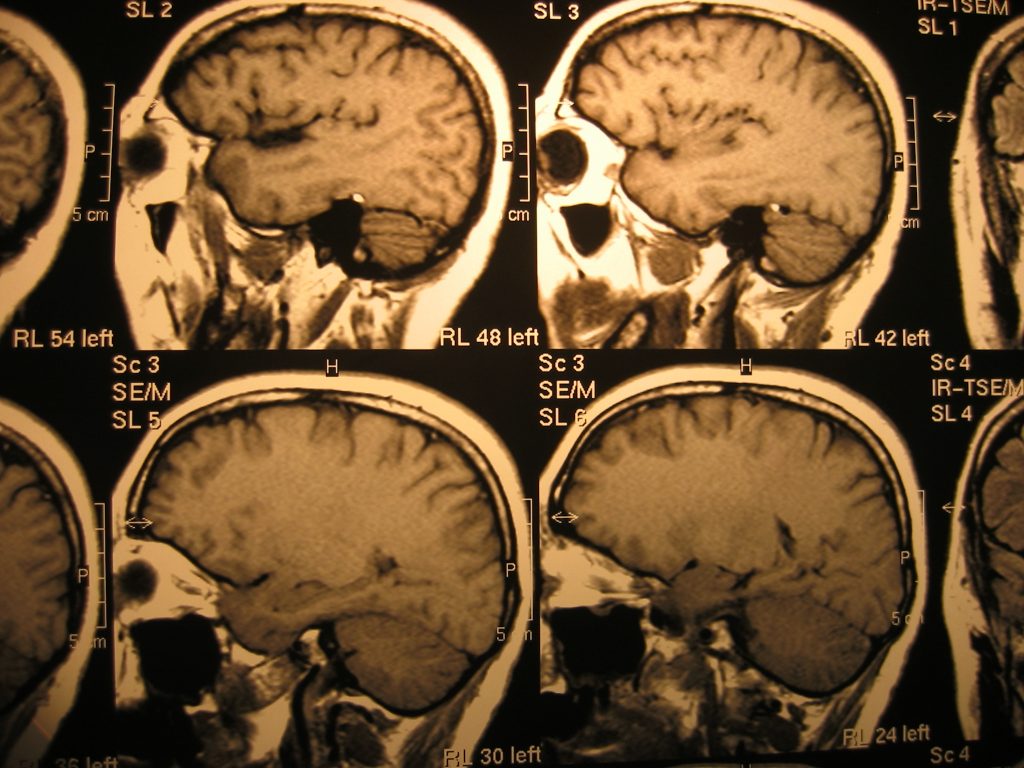 Often, when a person gets into an accident, they may not immediately feel the injury. In fact, after a slip and fall, car accident, or other personal injury, it may take a long time for a person to begin feeling the effects of the injury. As such, when an injured person brings a lawsuit alleging that another party caused the accident and the injury, it can be difficult to to prove those allegations, especially if a significant amount of time has passed since the incident. The longer the time between the accident and the onset of related symptoms, the harder this connection be to prove, even for a great lawyer. Moreover, it may even seem like the injured plaintiff is falsely blaming the accident for a completely unrelated pain, and a jury isn’t likely to be sympathetic.
Often, when a person gets into an accident, they may not immediately feel the injury. In fact, after a slip and fall, car accident, or other personal injury, it may take a long time for a person to begin feeling the effects of the injury. As such, when an injured person brings a lawsuit alleging that another party caused the accident and the injury, it can be difficult to to prove those allegations, especially if a significant amount of time has passed since the incident. The longer the time between the accident and the onset of related symptoms, the harder this connection be to prove, even for a great lawyer. Moreover, it may even seem like the injured plaintiff is falsely blaming the accident for a completely unrelated pain, and a jury isn’t likely to be sympathetic.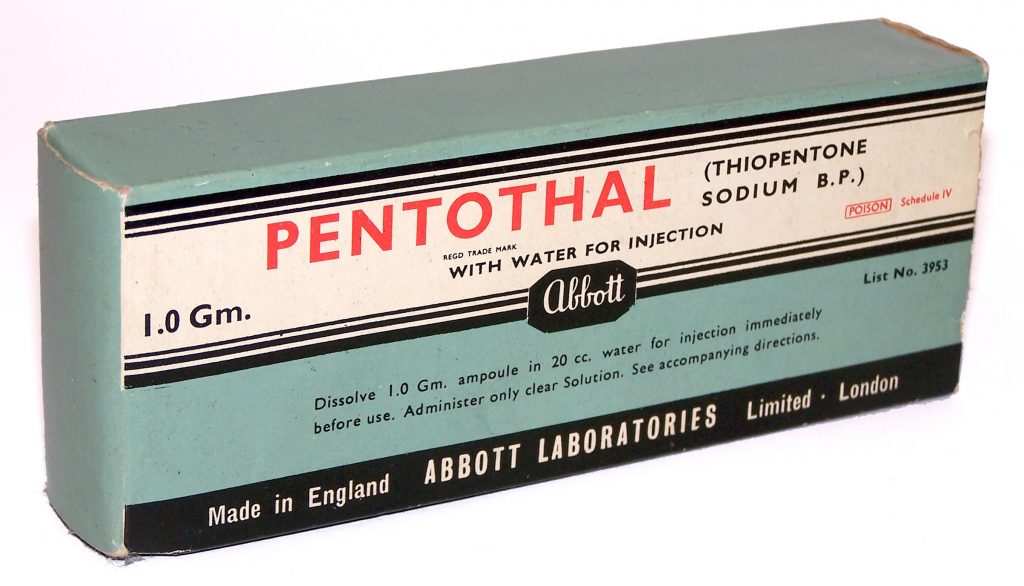 Credibility is an important factor that the court requires in a witness to determine truthfulness in their testimony. If the court does not believe a plaintiff or a defendant he could lose his case. In this case, the plaintiff, lacked credibility due to inconsistencies in his testimony about his pre-existing medical condition.
Credibility is an important factor that the court requires in a witness to determine truthfulness in their testimony. If the court does not believe a plaintiff or a defendant he could lose his case. In this case, the plaintiff, lacked credibility due to inconsistencies in his testimony about his pre-existing medical condition.  Medical malpractice generally involves subpar medical treatment that causes injury or death. The plaintiff, either the injured person or that person’s family, would need to show the court that the healthcare provider was negligent while administering the medical treatment. On the other hand, the healthcare provider as the defendant may argue that there was no negligence. The provider may also argue that the court should dismiss the case all together because the plaintiff does not have the evidence to show any wrong-doing. In the face of such opposition from defendants, there is a need for a good lawyer to build the strategy and prepare the case.
Medical malpractice generally involves subpar medical treatment that causes injury or death. The plaintiff, either the injured person or that person’s family, would need to show the court that the healthcare provider was negligent while administering the medical treatment. On the other hand, the healthcare provider as the defendant may argue that there was no negligence. The provider may also argue that the court should dismiss the case all together because the plaintiff does not have the evidence to show any wrong-doing. In the face of such opposition from defendants, there is a need for a good lawyer to build the strategy and prepare the case.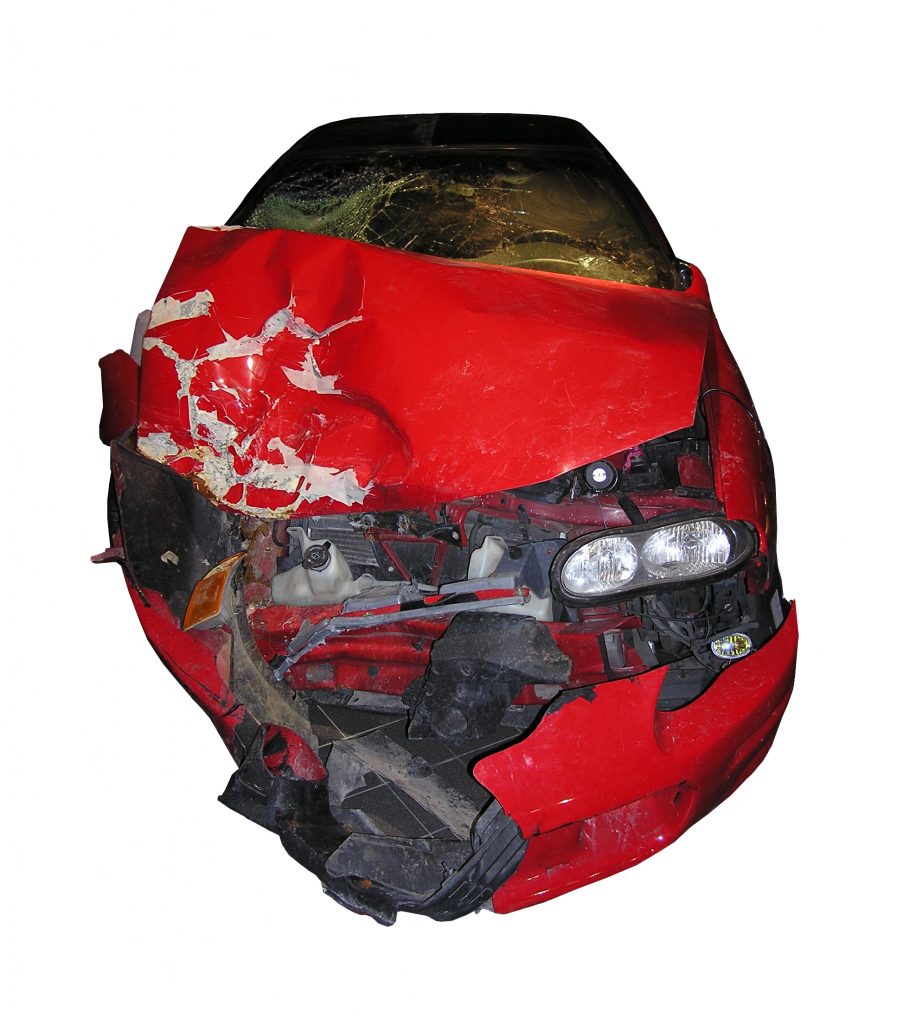 Anytime you get in a car can be a life and death situation. While no one ever wants to think about the worst, what will your insurance cover if the worst does happen. Your policy may not only need to cover you and those injured, it could need to cover your employer if you were driving in the scope of your employment.
Anytime you get in a car can be a life and death situation. While no one ever wants to think about the worst, what will your insurance cover if the worst does happen. Your policy may not only need to cover you and those injured, it could need to cover your employer if you were driving in the scope of your employment.